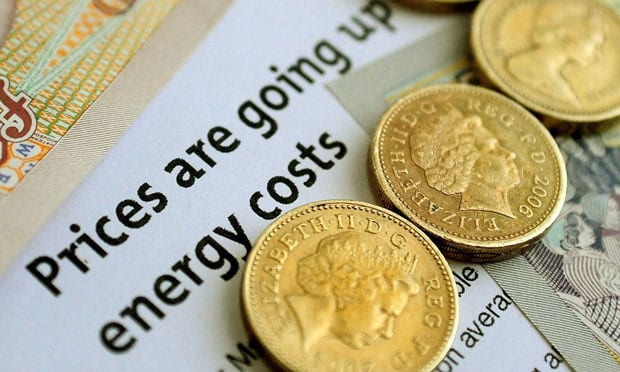Diane Abbott MP: This crisis of living standards is government made
'History suggests that political upheaval is very likely to follow. The Labour government of 1997, for example, was ushered in on the back of rising food prices.'

The current fall in living standards is not really a ‘cost of living crisis’ at all, implying as that does some kind of natural phenomenon. Just as in the Western economies in the 1970s and in Germany in the 1930s the surge in prices is a reflection of government policy.
We have a situation in which the Office for Budget Responsibility is forecasting prolonged and respectable rise in nominal wages over many years, but a fall in real household incomes after tax.
The discrepancy arises from two factors, both of which are the products of government (or governments’) policies. It is ministers who have made the decisions to renege on the pensions triple-lock, or to hit students with higher loan repayments, or to keep benefits and public sector pay below the rate of inflation.
These are policy choices made by the government. So too are the decisions to provide tax cuts for big business and banks, or to break government promises on the climate and cut the fuel duty. None of these have anything to do with Ukraine or global market conditions.
At the same time though, there is an upward pressure on oil and other commodities’ prices which long preceded the war. These pressures primarily reflect the catastrophic mismanagement of the pandemic by the richest major countries in the world, including in Britain.
Wall Street and City financiers talk about the ‘Great Resignation’ arising from the pandemic. In effect there were tens of millions of people put on lower pay, or no pay at all during the lockdown phases of the pandemic. In general, these enormous sacrifices were completely unnecessary and largely in vain, as Western governments could have made the financial support more generous (100% of pay) and more widely available (including the self-employed and casual workers) especially if they had committed to the lockdown policy until we had achieved maximum suppression of the virus.
They didn’t do that. One consequence is the bizarre outcome where we simultaneously have labour shortages, fewer people in work and falling pay. This is because it simply became not worthwhile for many to go to work. This is one of the key contributors to the ‘supply chain bottlenecks’ that are so widely discussed.
The economy relies on people. Ultimately, all services are about people. So ‘transport services’ require HGV drivers. If they are paid too little, or waiting too long at the ports because of the Brexit non-tariff barriers (checks on goods and paperwork), then many will quit. This scenario has been replicated in many countries across many sectors of the economy.
In addition, levels of investment plummeted over the last 2 years. In Britain, we have largely abandoned strategic energy storage, for example. When lockdowns ended there was a surge in global demand, without any spare capacity. This drove commodity prices higher.
It is the combination of these factors, government fiscal policy which transfers from poor to rich, the attack on wages and conditions in the pandemic and the refusal to invest which have caused the ‘cost of living’ crisis.
It is really the effects of government austerity policy. This was also the real content of the Spring Statement. As it follows more than a decade of austerity, the OBR is now forecasting the worst period for living standards on record. Literally tens of millions of people are going to be worse off.
History suggests that political upheaval is very likely to follow. The Labour government of 1997, for example, was ushered in on the back of rising food prices.
So, the key political question for the next period is indeed who can provide security for the population. But that will have to include financial security, and voters will judge harshly anyone who does not have a credible plan to end the misery.

Diane Abbott is the Labour MP for Hackney North and Stoke Newington
Related Posts:
Diane Abbott MP: The government has manufactured a ‘migrant crisis’ to distract from its own terrible policies
No comments:
Post a Comment